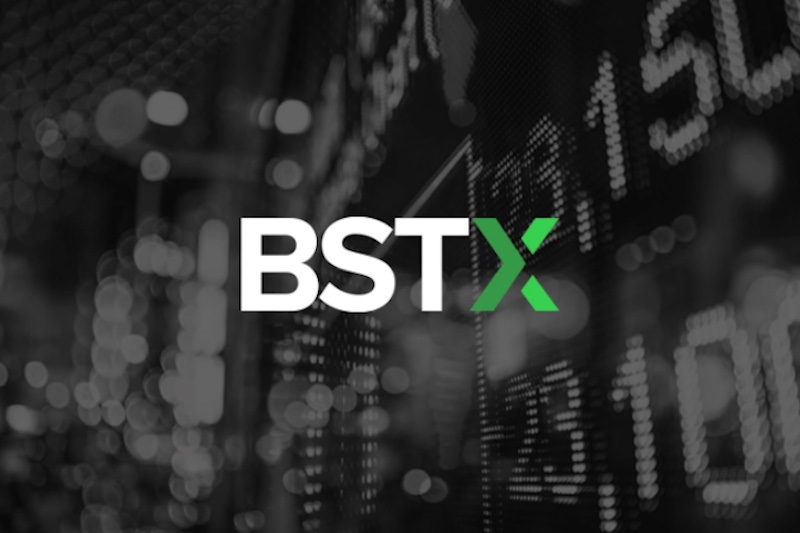
Coinposters
BSTX Is The First Blockchain-Powered Securities Exchange

The Securities and Exchange Commission (SEC) of the United States has given BSTX conditional approval to operate as a trading facility of BOX Exchange. BSTX was founded in 2018 with the goal of becoming a fully automated securities exchange using blockchain technology.
BSTX is the result of a cooperation between tZero, a private company liquidity platform, and Boston Options Exchange, an equity options marketplace. The SEC’s approval implies the company is on pace to become the first blockchain-based securities exchange, if it joins applicable national market system plans.
“The SEC has taken an important step forward today in its approval of BSTX as a national securities exchange facility. We are eager to continue to work closely with the SEC to launch BSTX as a fully regulated exchange and to help provide capital markets with more modern tools for issuers and investors. We are particularly grateful to our technology partner in this endeavour tZERO. We are looking forward to continuing to work with them to provide institutional-grade trading technology to participants on BSTX.”
Beyond the existing use cases we see in global corporations like Walmart and Honeywell, this is a significant step forward in the list of use cases for Distributed Ledger Technology.
BSTX aspires to be the first exchange to provide players the option of fast settlements (T+0 or T+1), according to the press release. This will be feasible because to the platform’s utilization of blockchain technology. The portal will also deliver blockchain-based market data.
BSTX will also use a private and permissioned Distributed Ledger Technology (DLT) that it controls to “make participant market data available to them and to make general market data available to industry players,” according to the news release.
This isn’t the first time BSTX has approached the SEC for clearance. BSTX wants to record end-of-day securities ownership balances and other trading data to the Ethereum blockchain in 2020, before utilizing private and permissioned DLT.
The SEC rejected this idea, claiming that false data may be broadcast to the blockchain because BSTX planned to use a “omnibus wallet” for non-BSTX stock transaction data, which the regulator worried would be out of date.
We’ve seen a lot of examples of DLT helping traditional firms tackle complicated challenges that have been an issue for a long time and have impacted their bottom line. Walmart, for example, may utilize blockchain technology to track where food comes from, which is crucial in the event of a food-borne disease outbreak.
Aside from Walmart, Honeywell, a multi-industry company with interests in aerospace technology, manufacturing, retail, and other fields, is using blockchain technology to reform the $4 billion used airplane parts market.
Latest
Blockchain
09 May 2024
Blockchain
19 Apr 2024
Blockchain
16 Jan 2024
Blockchain
31 Aug 2023
Blockchain
24 Jun 2023
Blockchain
24 Jun 2023













